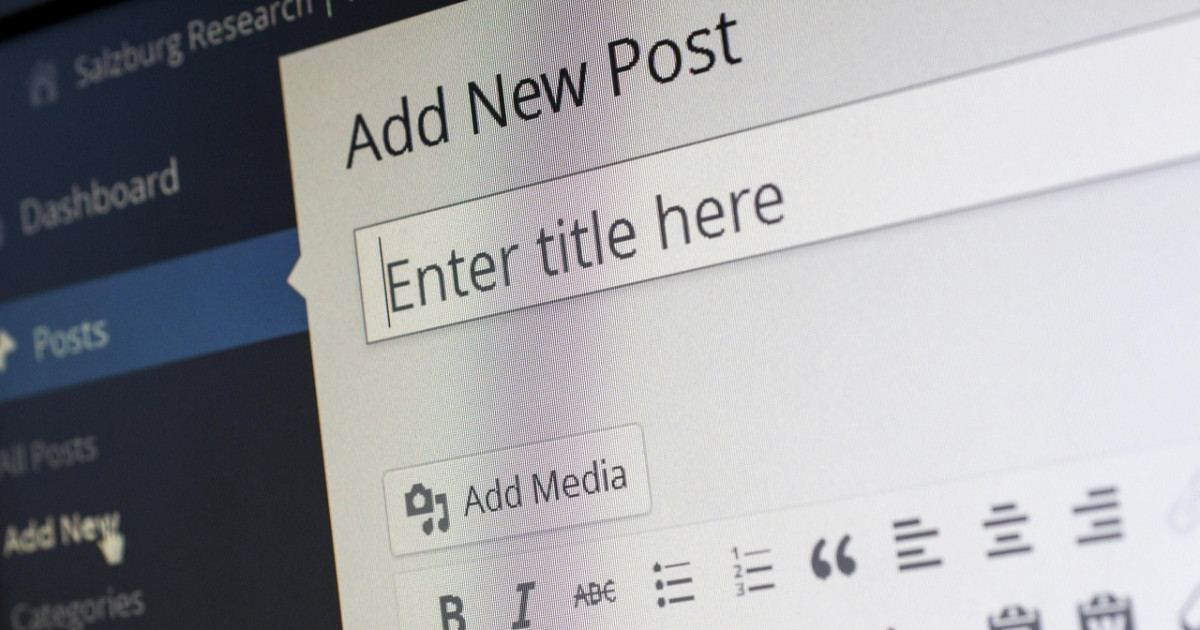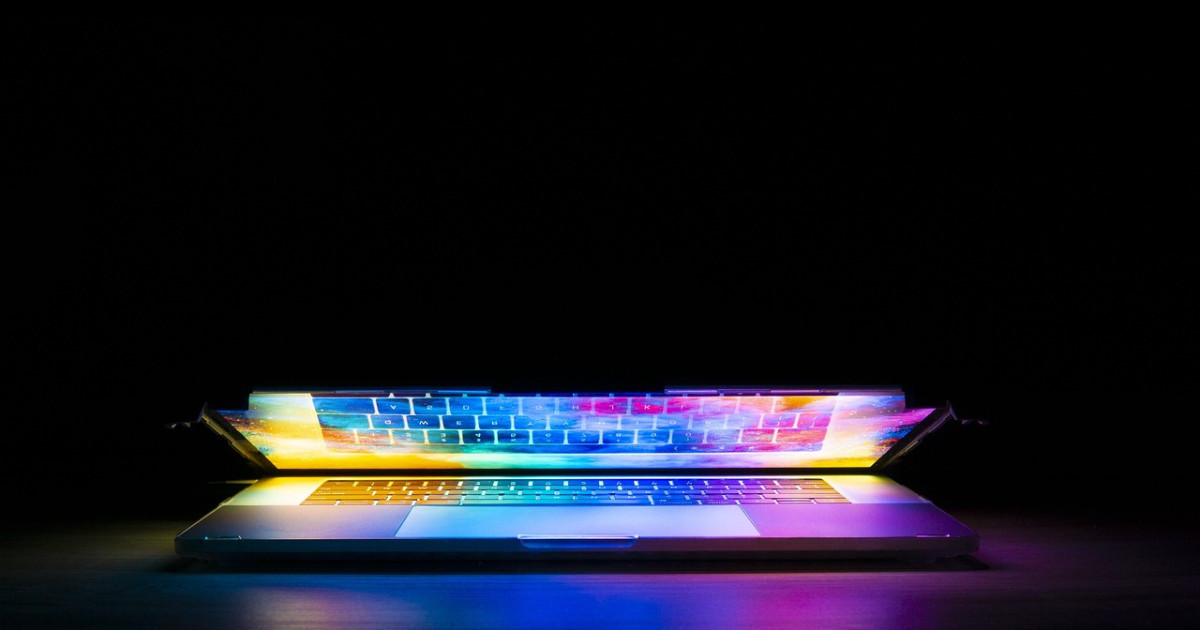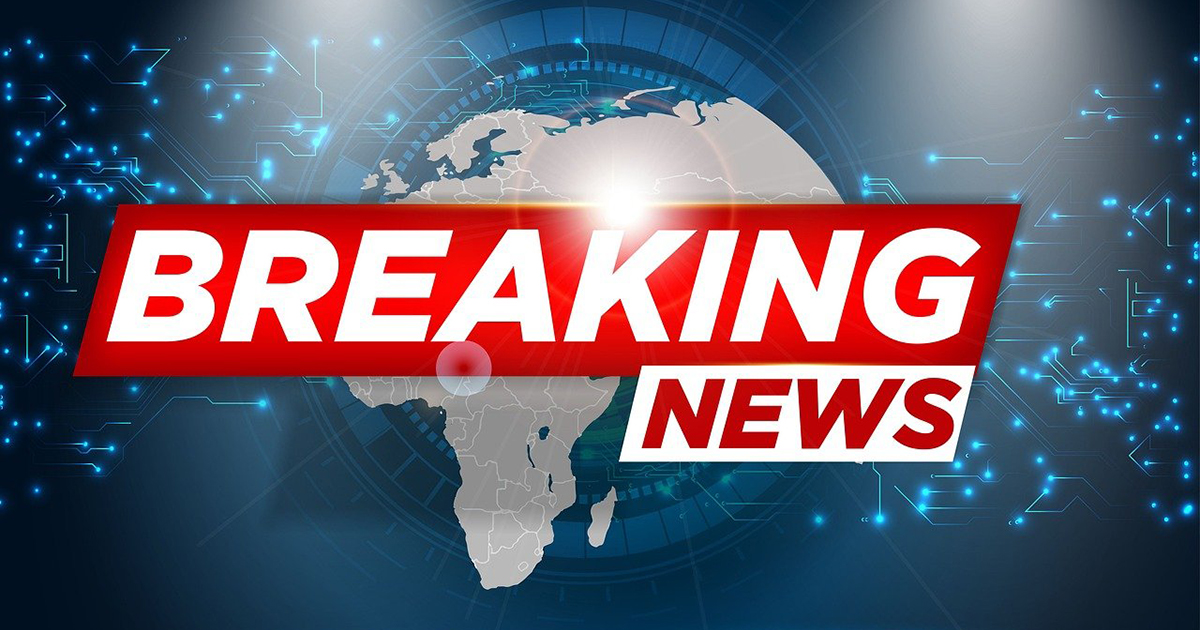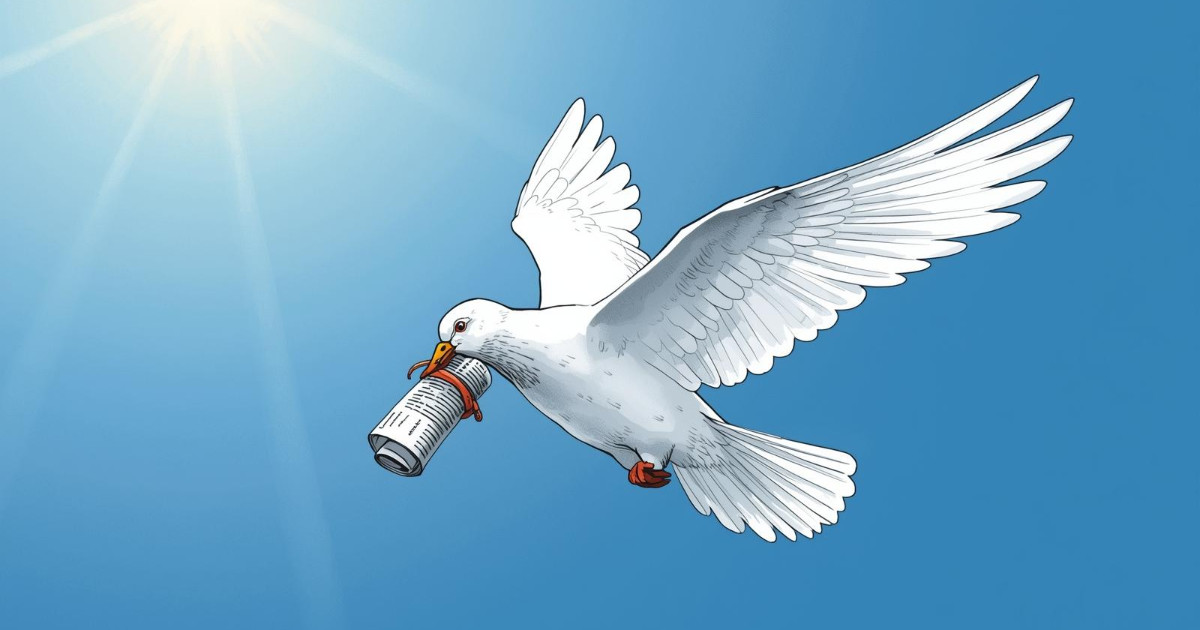How social media algorithms affect our worldview
JournalismPakistan.com | Published: 23 August 2024 | Sarah Mitchell
Join our WhatsApp channel
This article explores how social media algorithms influence our perceptions and worldviews. It discusses issues like echo chambers, misinformation, and mental health impacts.Summary
BANGKOK—In today's digital age, social media has become an integral part of our daily lives. From keeping up with friends to staying informed about current events, platforms like Facebook, Twitter, and Instagram shape how we interact with the world. But have you ever wondered how these platforms influence what you see, hear, and ultimately believe? The answer lies in the powerful algorithms that drive social media, subtly shaping our worldview in ways we may not even realize.
What Are Social Media Algorithms?
Social media algorithms are complex sets of rules and calculations that determine what content appears on your feed. These algorithms analyze your behavior—likes, shares, comments, and even the time spent on certain posts—to curate a personalized experience just for you. While this customization might seem convenient, it also has significant implications for how we perceive the world.
The Echo Chamber Effect
One of the most profound ways social media algorithms impact our worldview is by creating echo chambers. An echo chamber is an environment where a person only encounters information or opinions that reflect and reinforce their own beliefs. Over time, these algorithms learn your preferences and begin to prioritize content that aligns with your existing views, while filtering out opposing perspectives. This can lead to a distorted sense of reality, where your beliefs are constantly affirmed, and alternative viewpoints are marginalized.
The Polarization Problem
As algorithms feed us content that aligns with our beliefs, they can also contribute to increased polarization. When people are only exposed to like-minded opinions, it can deepen divisions between different social and political groups. This phenomenon is particularly evident during election seasons or in discussions on controversial issues, where social media platforms often become battlegrounds for opposing views. The result is a more fragmented society, with people becoming more entrenched in their beliefs and less willing to engage in constructive dialogue.
The Spread of Misinformation
Another critical issue with social media algorithms is their role in the spread of misinformation. Algorithms are designed to maximize engagement, often prioritizing sensational or emotionally charged content that may not be entirely accurate. False information can spread like wildfire, especially when it reinforces existing biases. This not only misinforms individuals but also fuels misunderstandings and conflicts within society.
The Mental Health Impact
Beyond shaping our worldview, social media algorithms can also affect our mental health. Constant exposure to curated content can lead to unrealistic comparisons, anxiety, and even depression. When your feed is filled with idealized images and opinions that align perfectly with your own, it can create a skewed perception of reality, leaving you feeling inadequate or disconnected from the real world.
Can We Break Free from Algorithmic Influence?
While it may seem daunting, there are ways to mitigate the influence of social media algorithms on our worldview. One approach is to actively seek out diverse perspectives by following a variety of sources and engaging with content that challenges your beliefs. Additionally, limiting screen time and being mindful of how much time you spend on social media can help reduce the impact of these algorithms on your mental health.
Social media algorithms are powerful tools that shape our online experiences, but they also have the potential to distort our perception of reality. By understanding how these algorithms work and being intentional about how we use social media, we can take steps to ensure that our worldview remains balanced and informed. In a world where information is constantly at our fingertips, it's more important than ever to remain critical and curious about the content we consume.
KEY POINTS:
- Social media algorithms curate personalized content based on user behavior.
- They create echo chambers that reinforce existing beliefs.
- Algorithms contribute to polarization by limiting exposure to diverse opinions.
- Misinformation can spread rapidly through algorithm-driven content prioritization.
- Social media use can negatively affect mental health due to unrealistic comparisons.

























